@ctbeiser: the line between "fun puzzle game with programming elements" and "literally my job" gets thinner every year
@stephtwang: Not sure if I follow. Is it that good/performant Computer Systems will have killed
the puzzle aspects in programming, and that it remains a puzzle is a sign we're
screwing up? I also sense that, computers aren't well oiled enough to remove the
value in a challenge is a good thing
@stephtwang my interpretation is something like: shenzhen i/o is fun/challenging/funny because you're solving trivial tasks using inadequate representations (e.g. asm). For work that "actually matters", the better strategy may be to seek better representations rather than cope with puzzle-solving
@stephtwang at least, hutchins is claiming that the cognitive evolution of culture proceeds in this way (by re-encoding tasks in better representations rather than continuing to puzzle through them). Evolution is a slow gradual process, of course.
babbage's analytical engine comes with two bells
(archive.org/details/passagesfromlife03char… )
@nagle5000: from later in the email, do you know what "Tom Paine's argument against monarchy and for democracy by using stained glass windows!" refers to?
@nagle5000 it's a common Alan trope, referencing McLuhan
(e.g. vpri.org/pdf/future_of_… )
FLEX machine, 1968
Smalltalks, 1971-1979
NoteTaker, 1978
Vivarium, 1986-1993
Playground, 1988-1992
Squeak, 1996-
Etoys, 1997-
Croquet, 2003-2007
STEPS, 2006-2012
CDG/HARC, 2013-2017
Tutor, 2016-
Smalltalks, 1971-1979
NoteTaker, 1978
Vivarium, 1986-1993
Playground, 1988-1992
Squeak, 1996-
Etoys, 1997-
Croquet, 2003-2007
STEPS, 2006-2012
CDG/HARC, 2013-2017
Tutor, 2016-
No, if that money had needed to come from venture capitalists, the project never would have happened.
In his later life, Bob Taylor was once accused of rosy retrospection with regards to the research environment in the 60s and 70s. Bob thought for a couple minutes, and finally declared, "No, god dammit, it *was* a golden age."
James Clerk Maxwell wrote the Encyclopedia Britannica entry for "Diagram". It contains two diagrams.
At my first job, I remember protesting that a certain fashionable industrial design decision
would look ridiculous in ten years. My boss responded, "We're not selling this product in
ten years. We're selling it now." I learned something about myself that day.
@tophtucker: how many dream teams are there on earth? sort of a nice thought!
@tophtucker total number of dreams divided by average size team per dream
@tophtucker:
Since the timeline can’t show silence, the more everyone “holds their tongue” (speaking only when they really *gotta*), the more extreme the timeline becomes, yielding a cacophony made up entirely of the negative space of restraint
@tophtucker By the way, have you read much along this thread (that I just made up)? I think you might be into it. I'm thinking of Ong in particular (or at least as a starting point).
Carver's wonderful whirlwind history of how people learned to move electrons around
youtube.com/watch?v=m99YI7…
radiation pressure @dynamicland1
@byedit: I'm looking for material in (1) psychology, & (2) linguistics that connects to early HCI work (Engelbart theory of augmentation, Kay). e.g. innateness, learning, universality, communication, co-op
@byedit In Early History of Smalltalk, Kay mentions Piaget, Bruner, Montessori, Dewey, Holt, Suzuki, Arnheim, McLuhan, others. worrydream.com/EarlyHistoryOfSmalltalk
Later: Betty Edwards, Doreen Nelson, Tim Gallwey, Koestler, (even later) Kahneman... (Some pointers here: squeakland.org/resources/books/readingList.jsp)
Later: Betty Edwards, Doreen Nelson, Tim Gallwey, Koestler, (even later) Kahneman... (Some pointers here: squeakland.org/resources/books/readingList.jsp)
@pwang:
I would like a programming language that lets us talk about data and data transformations.
@pwang This is a interesting exchange between (pro-data) Rich Hickey and (pro-meaning) Alan Kay: news.ycombinator.com/item?id=119416…
(FWIW, after Rich concedes that most data requires "sufficient formatting and metadata" and "some human involvement for interpretation", Alan could have added, "For a scalable (intergalactic) system, that "metadata" must be a *process*, because human involvement doesn't scale.")
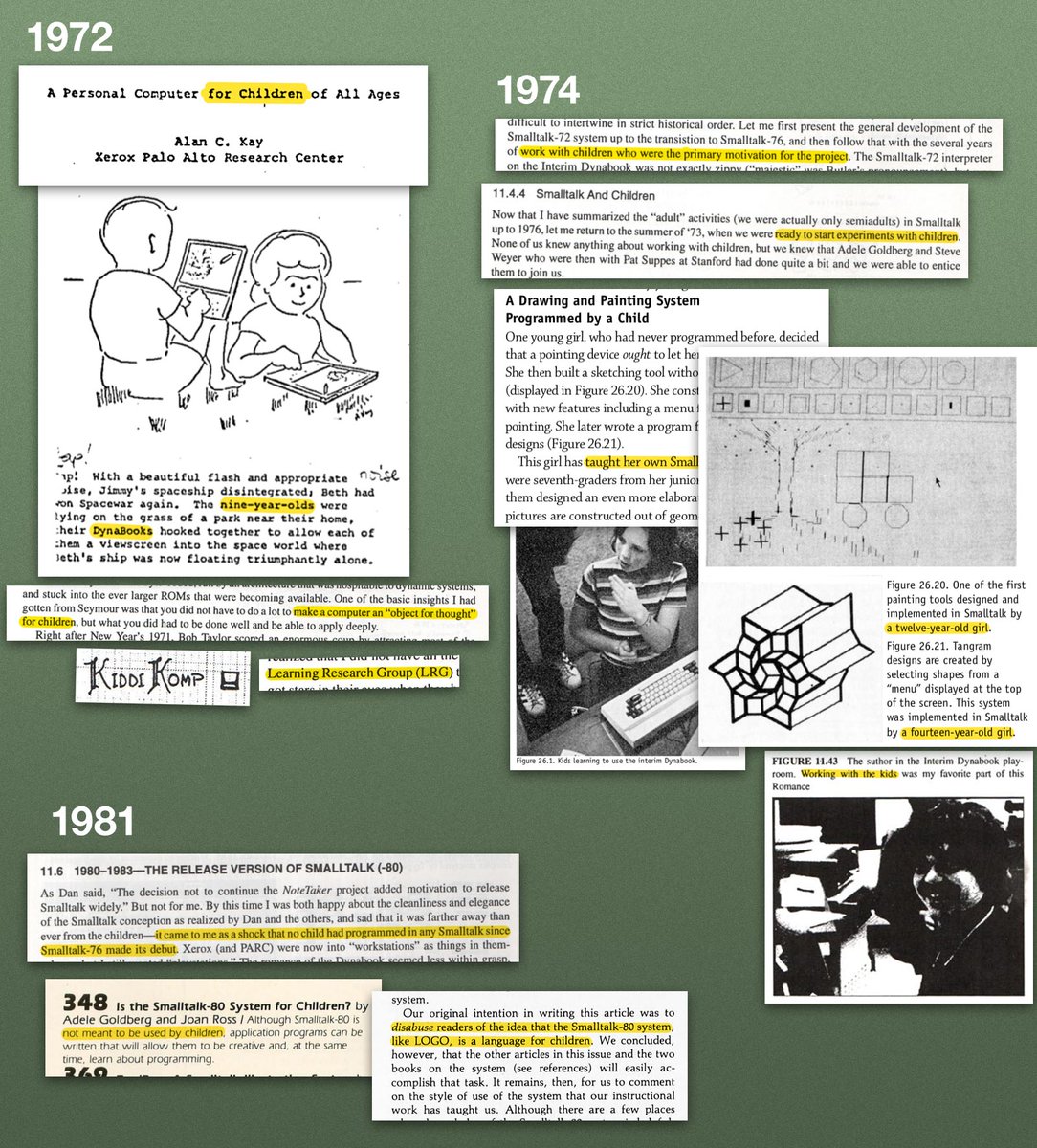
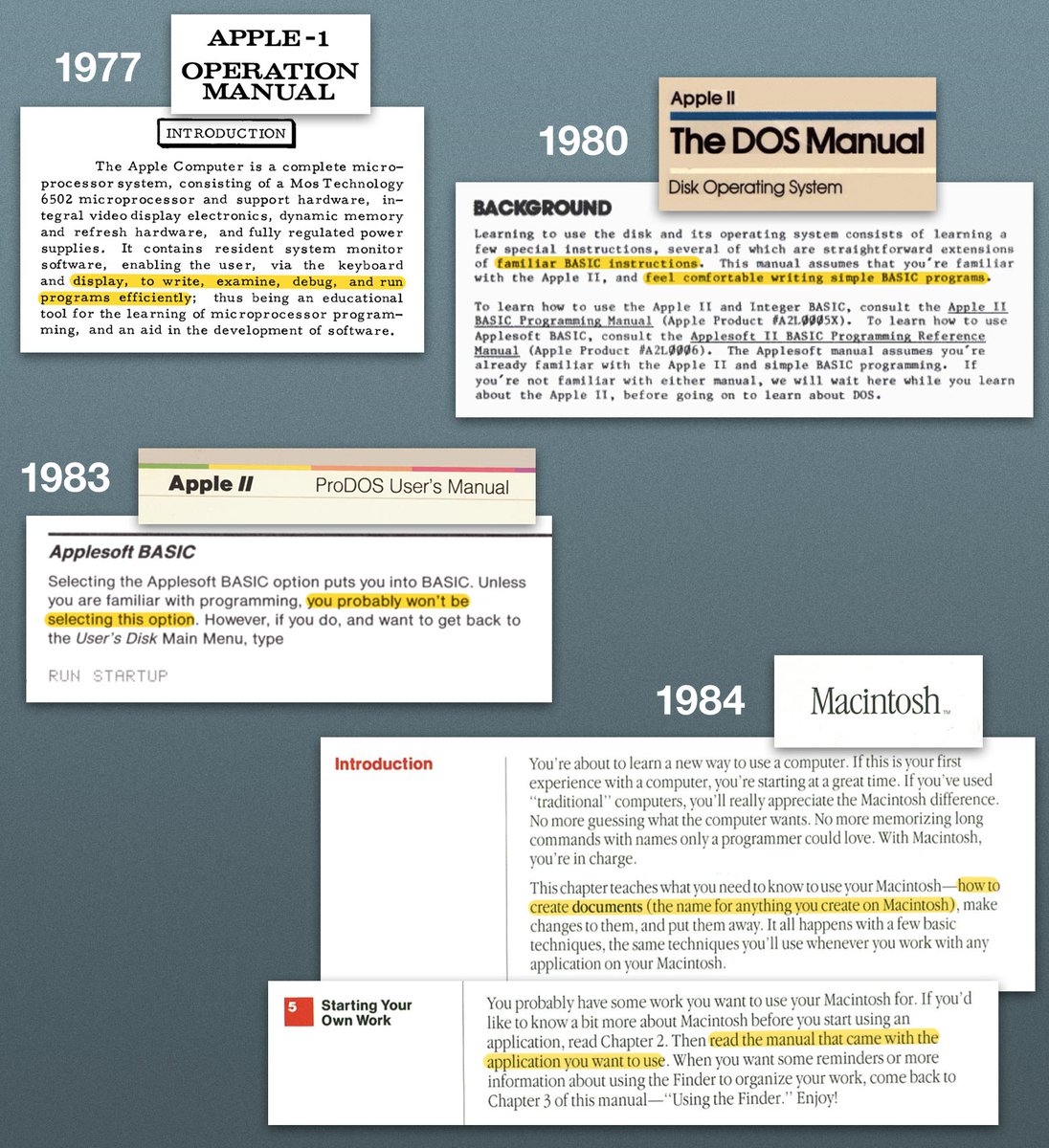

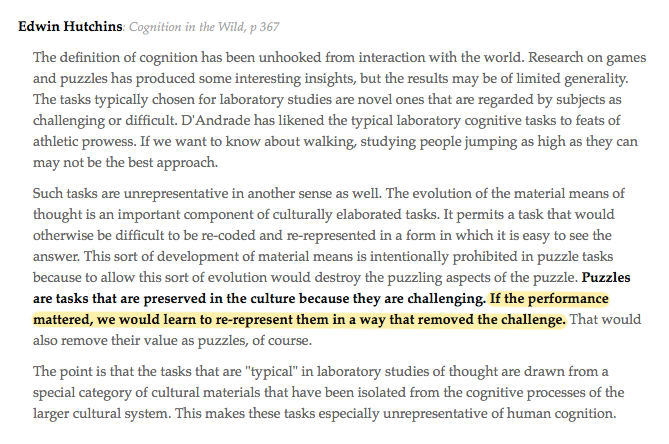

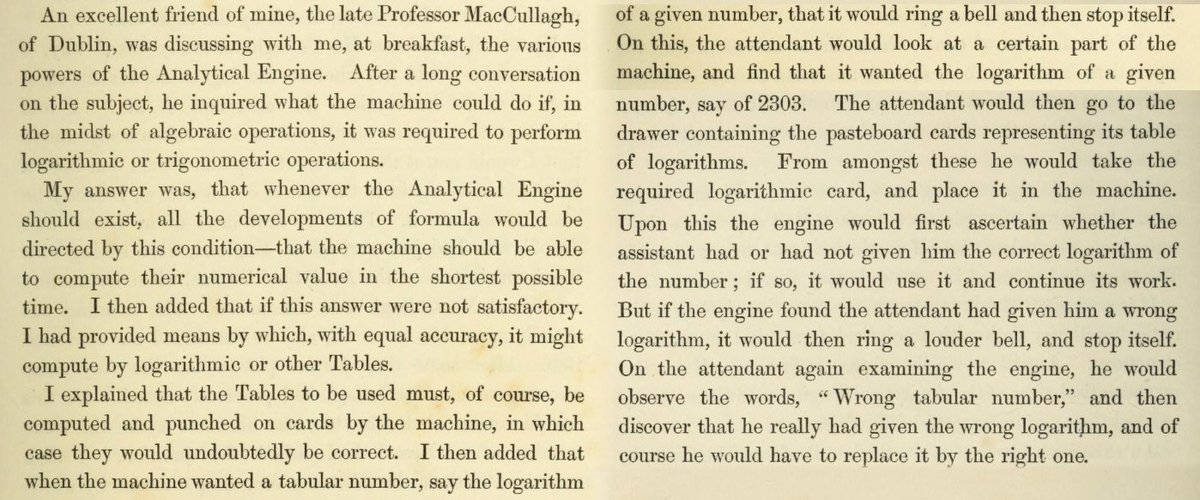
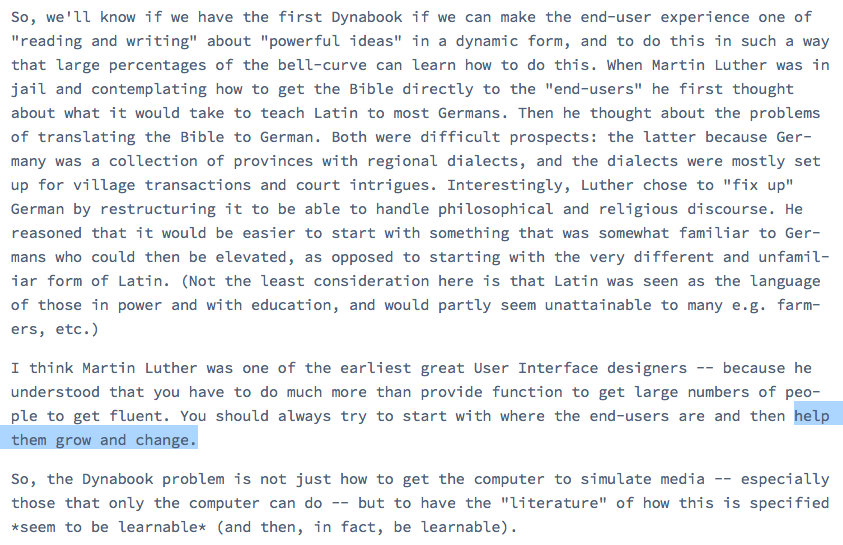


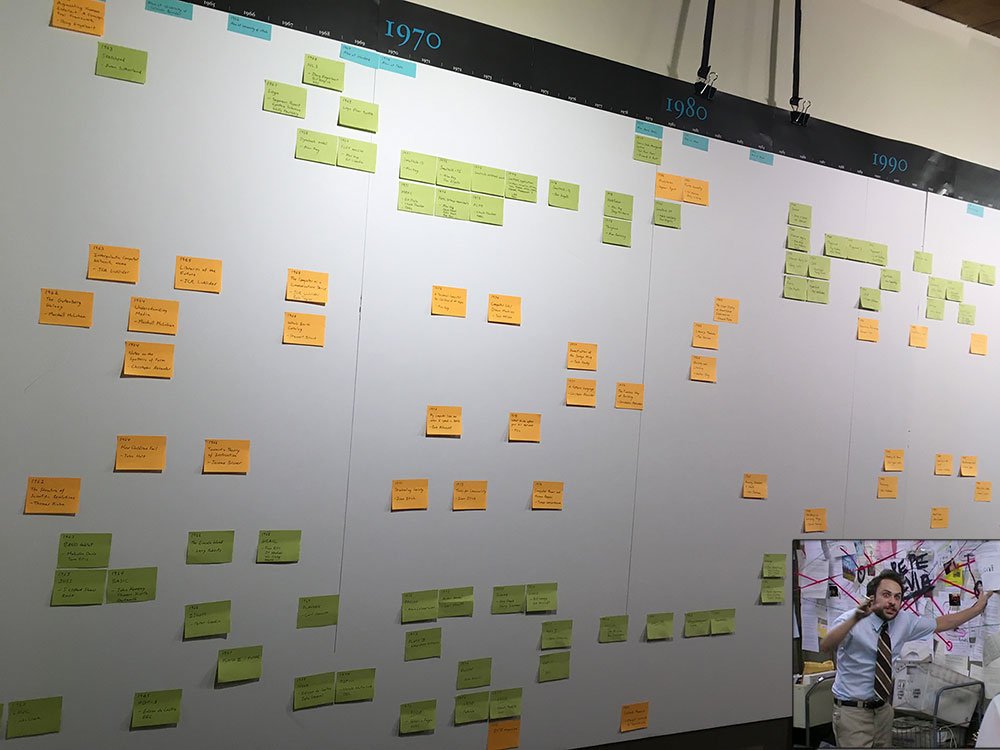

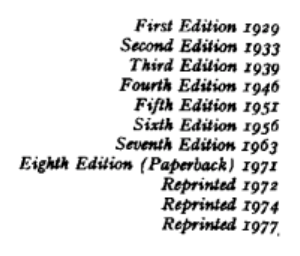
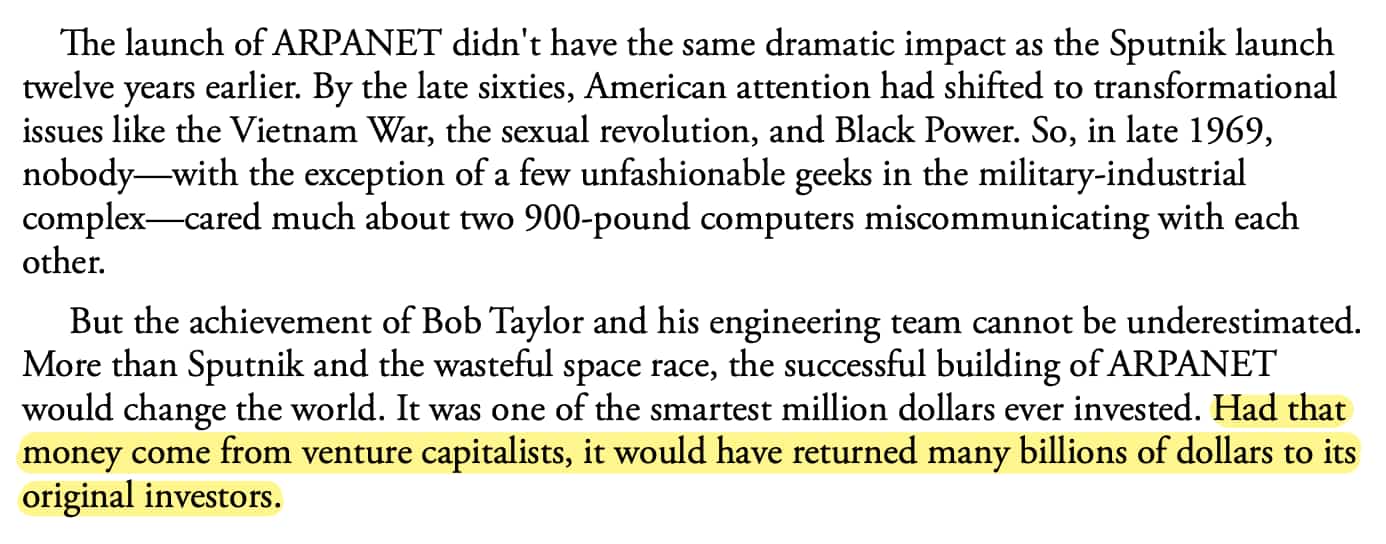
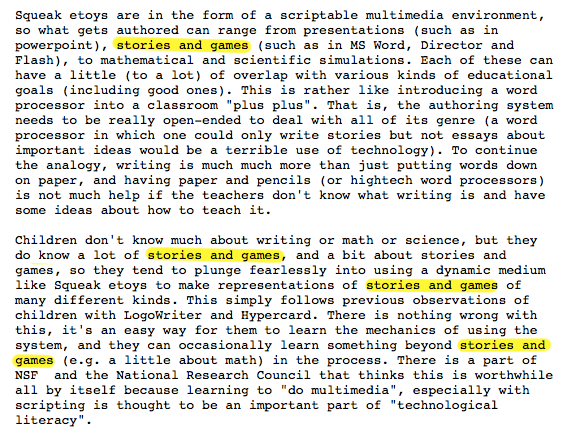
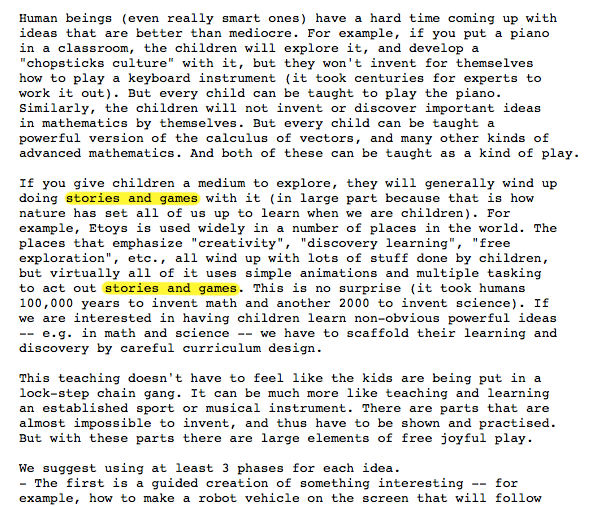
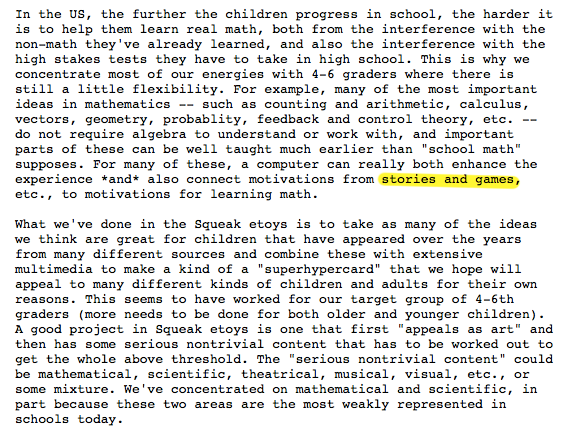
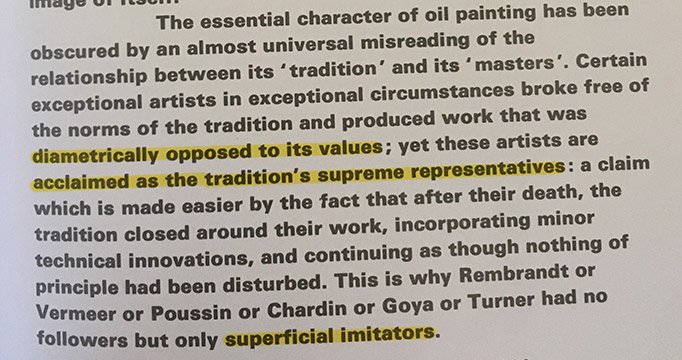
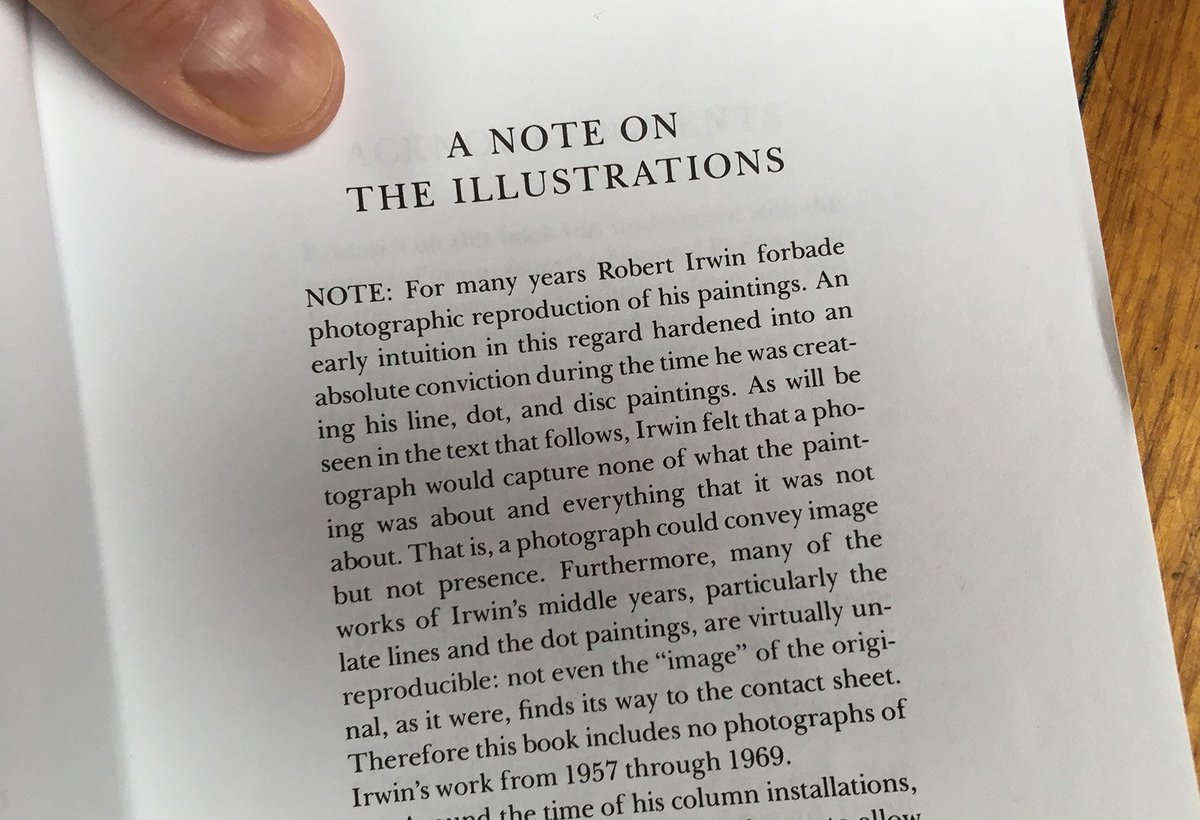
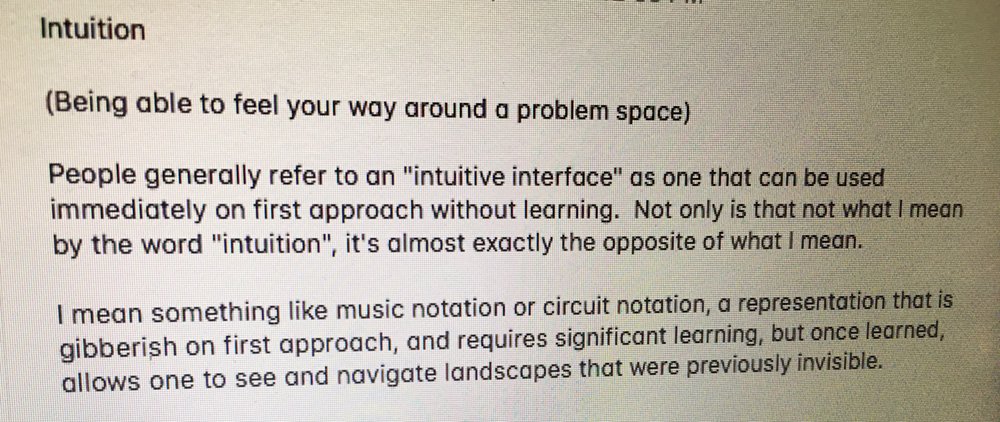

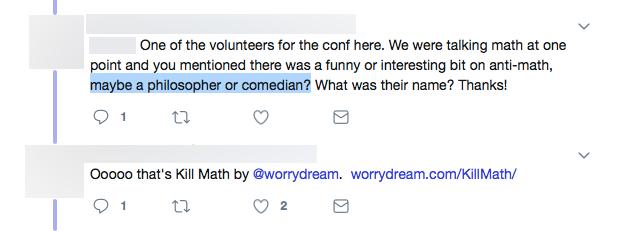



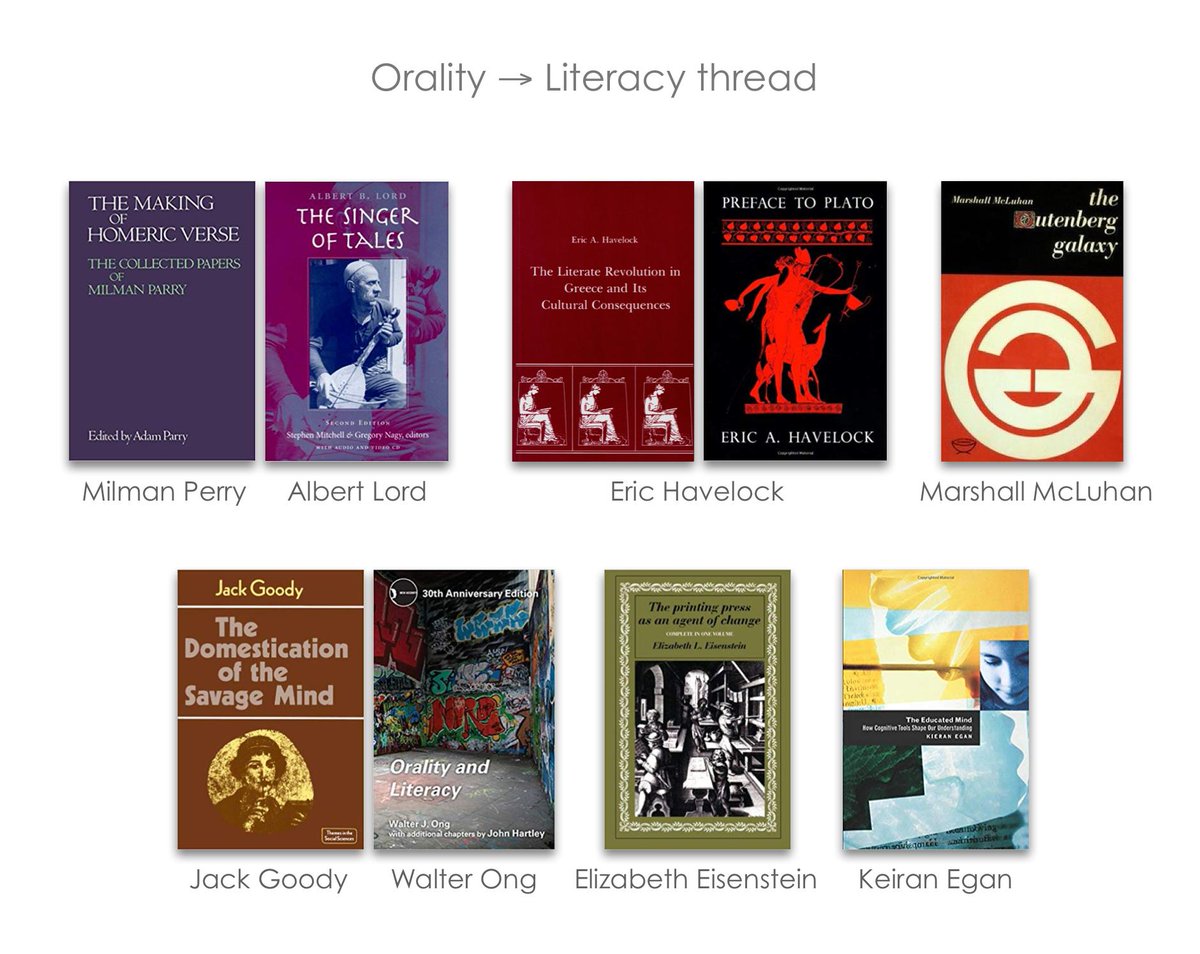
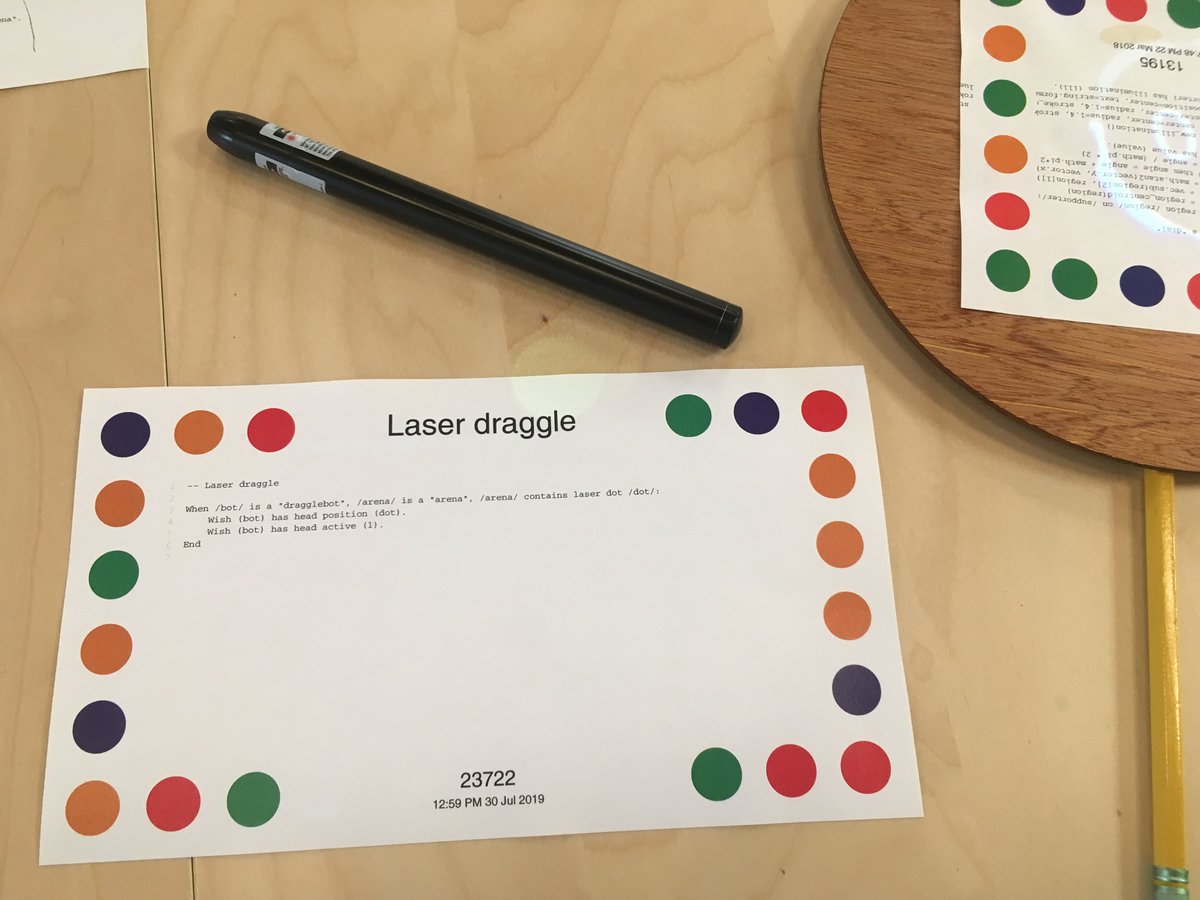
![Anthony Siegman: oral history
And it's optics that really makes all of that possible. And the advent of the laser, besides enabling the [internet via fiber optics], enables us to just do so many kinds of tasks... incomparable scientific measurements and incomparable engineering...
It is very interesting that lasers as an economic market are a very minor one - the worldwide market for lasers is a few billion dollars total. And that amount might buy you one semiconductor fabrication plant, a few billion dollars, you see. But the economic impact of lasers on daily life, on engineering... is just immense. It's just beyond compare...
The Optical Society is a small society by many standards, for example compared to IEEE, which has 150,000 members or something. But it has a bright future.](media/1160961765208780800-EByQklGUIAQPjTz.jpg)
